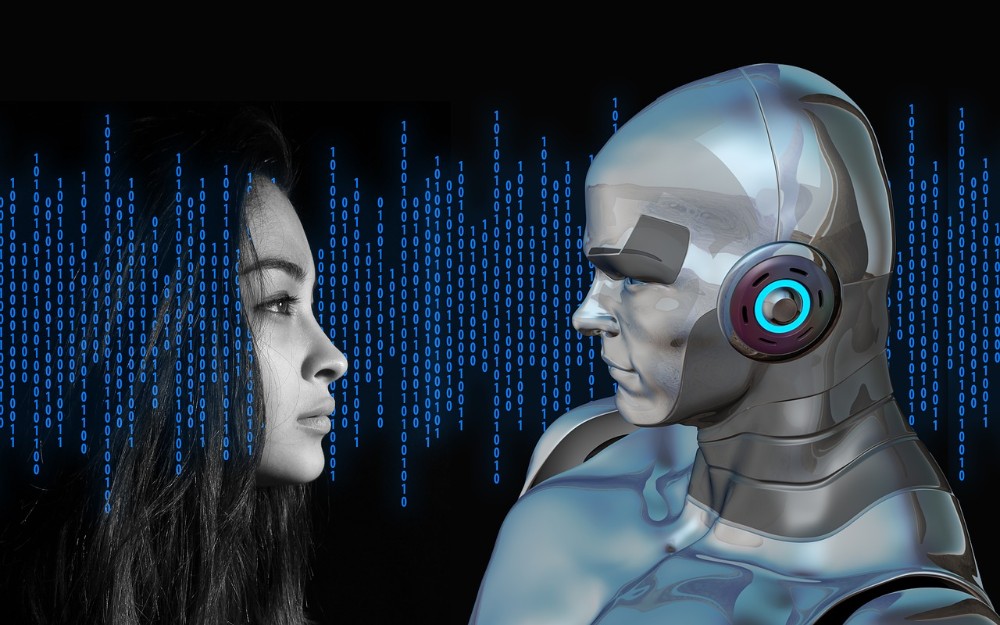Data show that Artificial intelligence (AI) automation is leading to fewer open vacancies for easy to automate tasks such as scheduling of tasks. The data analyzed over 170 million US job listings.
Advancement of technology has put a lot of people on the edge, wondering if, at some point, they will be replaced by a robot. However, a new study shows that this might not be the case. The robots will not replace workers, at least not all jobs will be replaced.
The study, however, found out that people need to worry about losing their jobs. Martin Fleming The chief economist at IBM agrees that robots will are not likely to replace in your jobs. The automation revolution will not involve physical robots replacing humans in their workplace according to a report by MIT and IBM’s Watson AI Lab.
What you should be concerned with are the algorithms that automate tasks done by everyday office workers.
He, however, agrees that with the advent of these algorithms, jobs will change and people will also need to change to adapt to these changes. These changes, he attributes to artificial intelligence and machine learning.
Research into effects of AI automation
Fleming and a team of researchers analyzed 170 million online US job listings and found startling results. The data was taken for job listings between 2010 and 2017.
They found that for jobs that could be automated, their listings have dwindled over the years, meaning there are fewer listings for tasks such as scheduling or credential validation.
They also found that there was an increase in soft-skills requirements such as creativity and common sense. This, he argues is a task that cannot be automated. The research also painted a gloomy picture by stating that AI is taking over easy to automate jobs and workers are now doing jobs that cannot be automated.
Fleming maintained his optimism and said that AI tools will not replace workers. They will be used by workers to increase the productivity of these workers. This will translate to increased profits for the companies which will lead to an increase in wages for these employees.
The report indicated that these changes are happening relatively slowly. This is helping these workers to adjust to their new environments where and working alongside these artificial intelligence systems. These changes are inevitable and will affect the way white-collar jobs are approached in the future.







